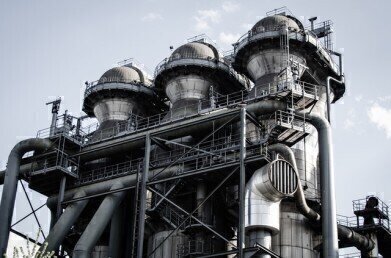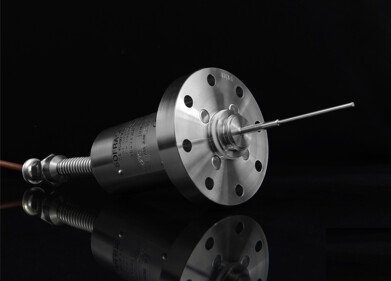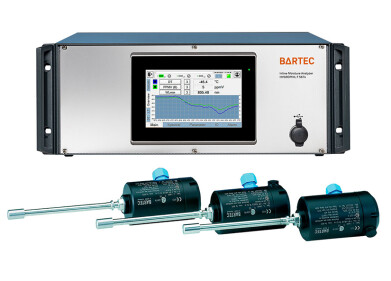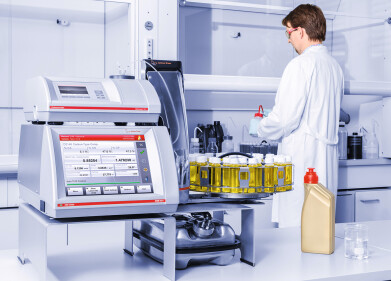Measurement and Testing
Condition Monitoring Applications - Industrial Plants
Dec 31 2021
From food processing factories to paper mills, modern industrial plants are heavily reliant on machines and motorised infrastructure. Condition monitoring plays a pivotal role in maximising uptime and keeping equipment operating at full capacity.
The process involves proactively monitoring the condition and performance of machines during normal operations. Sensors, instruments and computer algorithms are used to acquire real-time data and detect irregularities. This is done by comparing measurements with baseline figures, trends and representative data recorded from comparable machines.
Keeping tabs on gearboxes, fans, pumps and electric motors
From plants that manufacture plastics, chemicals and fertilisers to factories dedicated to cereal, biscuits and canned food, the industrial sector is dependent on purpose-built machinery. If one element or component fails, the productivity of the entire plant is compromised. Condition monitoring helps operators keep tabs on a wide range of mechanical systems and moving parts, including gearboxes, fans, pumps and electric motors.
Preventing electrical failures and fires
Electrical failures and fires caused by overheating are one of the biggest dangers faced by industrial plants. Infrared thermography sensors and cameras are used to monitor mechanical temperatures and detect hotspots before they escalate. The technique is often used alongside vibration analysis to detect temperature irregularities in the earliest possible stages.
Safeguarding employees
Industrial plant employees work in high-risk environments, often exposed to toxic materials, heavy machinery and other hazards. Condition monitoring is used to track a range of parameters and ensure mechanical issues don’t pose a threat to employee health and safety.
For example, in steel mills and metal manufacturing plants, malfunctions in heavy-duty machinery such as furnaces can have catastrophic results. Monitoring parameters such as vibration, temperature and acoustic emissions can help operators identify even the smallest irregularities before they escalate and become dangerous.
Boosting operational efficiency
In the food and beverage manufacturing sector, condition monitoring has allowed industrial plants to boost efficiency while maintaining the strict safety regulations enforced by governing bodies. For example, sensors are used to detect mechanical discrepancies and prevent unplanned downtime in machinery used to heat, emulsify, pasteurise and package products. Parameters monitored include vibration, temperature, humidity, and the quality of oil used to lubricate machines.
As well as actively monitoring the condition of machinery using sensors and instruments, operators use specialised products to prevent deterioration and extend the lifespan of assets. In the power industry, Film Forming Amines (FFA) and Film Forming Amine Products (FFAP) are gaining popularity as a boiler system maintenance solution. Find out more about the latest developments from Chemetrics Inc in ‘Film Forming Amines and their Applications in the Power Plant Industry.’
Digital Edition
PIN 25.1 Feb/March
March 2024
In This Edition Safety - The technology behind the ION Science Tiger XT - Safety with ammonia and LOHCs as hydrogen carriers Analytical Instrumentation - Discussion on new tribology te...
View all digital editions
Events
Apr 28 2024 Montreal, Quebec, Canada
Apr 30 2024 Birmingham, UK
May 03 2024 Seoul, South Korea
May 05 2024 Seville, Spain
May 06 2024 Riyadh, Saudi Arabia


















